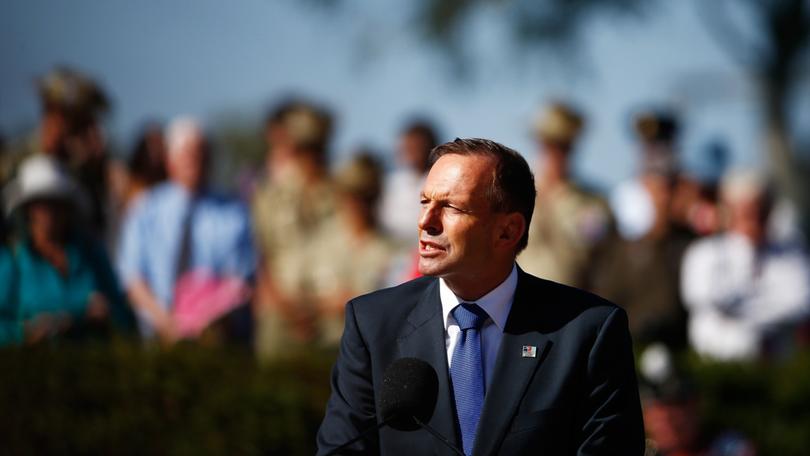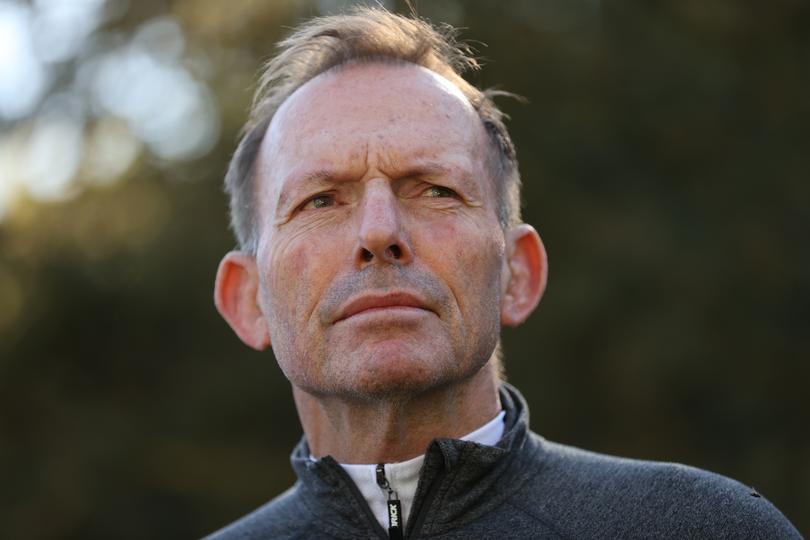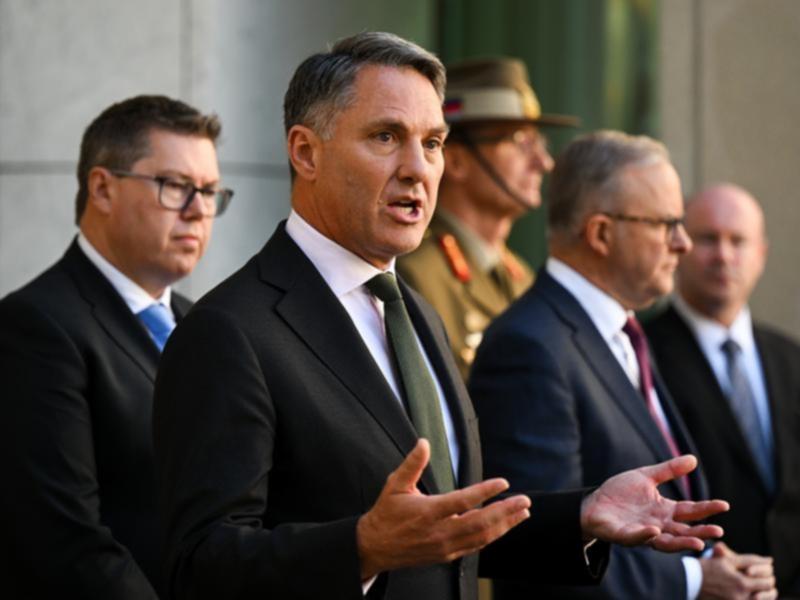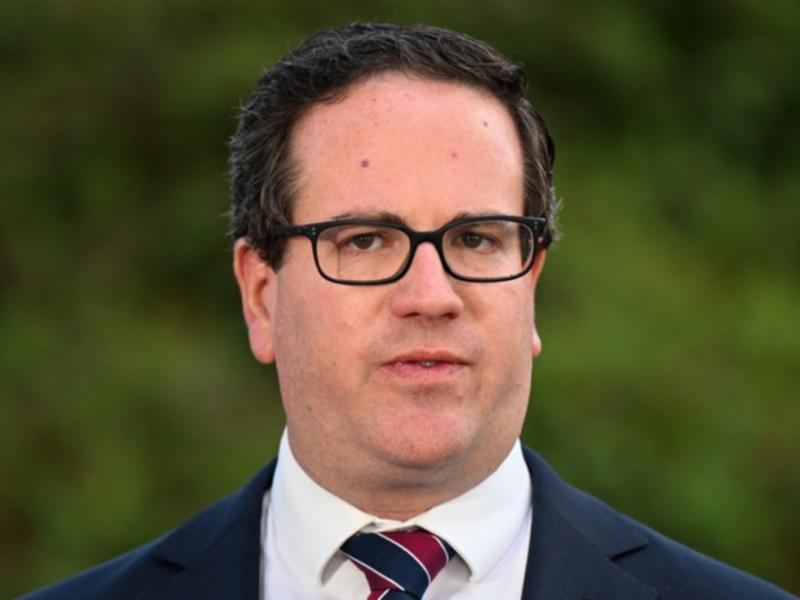Tony Abbott puts contentious topic of national service back on agenda as Defence recruitment debate rages

Former prime minister Tony Abbott says Australia must lose the “something-for-nothing” mindset creeping into the population, declaring citizens of the lucky country shouldn’t take their good fortune for granted and must be prepared to give back.
Mr Abbott has put the contentious topic of national service back on the agenda as debate rages about how to fix Defence’s recruitment and retention crisis.
As a first step to growing the ranks of the armed forces, Mr Abbott said the Commonwealth should exempt recruits from all university and TAFE debts — past and future — to entice young people to sign up.
Sign up to The Nightly's newsletters.
Get the first look at the digital newspaper, curated daily stories and breaking headlines delivered to your inbox.
By continuing you agree to our Terms and Privacy Policy.Australia’s 28th prime minister has weighed into the debate after Defence chief Angus Campbell revealed the military was short about 4300 people.
The ex-Liberal leader has been an advocate for compulsory national service, suggesting in a podcast in 2022 that school leavers could spend six to 12 months training in the military or helping in the community.

Mr Abbott this week said the country needs to shed the “something-for-nothing mindset” which he believes is “all too prevalent” among the population.
“Citizens of the lucky country shouldn’t take their future luck for granted and should be prepared to ‘give back’ to the country that has given us all so much,” he said.
The 66-year-old said any model of national service should include civilian options, such as assisting in remote communities or volunteering overseas.
“While we don’t have any form of national service now, we’ve had various forms in the past, including in peacetime,” Mr Abbott said. “And quite a few other countries have national service or are thinking of introducing it.
“At the very least, the government should be exempting military recruits from any previous or prospective HECS and TAFE debts.”
Whatever the approach to increasing personnel numbers, Mr Abbott said Australia needed to quickly expand the size and capability of its armed forces in response to the “much more dangerous world we now face”.
Conscription has been a highly contentious subject throughout Australia’s history, with forms of national service imposed at five separate periods since the Federation.
The final one — in which potential conscripts were selected via the “birthday ballot” during the Vietnam war — was abolished under the Whitlam Government in 1973.
Australian Defence Association executive director Neil James said conscription would only make sense if the Commonwealth needed to massively expand personnel numbers very quickly.
“As a rough rule, conscription is not a solution on either practical grounds or legal grounds or strategic grounds or moral grounds — unless you really have to do it,” Mr James said.
Mr James said to attract and retain people the military needed to offer better pay and conditions and do more to support struggling veterans.
“There’s no point paying them more if they’re still going to be broken and thrown in the gutter when they leave,” he said. “So, you’ve got to tackle every single part of it.”

Neither Defence Minister Richard Marles nor Veterans’ Affairs Minister Matt Keogh would be drawn into the conscription debate..
Mr Keogh said the Federal Government understood the “urgency and significance” of growing the ranks of the armed forces, which he described as “our greatest and most important capability”.
A range of incentives are being offered to retain people, including a $50,000 bonus payment to ADF members who commit to stay on beyond their mandatory four-year stint.
There are signs of improvement, with the rate of people leaving the military falling to 10 per cent, down from a high of 11.6 per cent.
Defence is now looking to widen the pool of potential recruits to include foreigners on a pathway to citizenship as well as attempting to speed up the time frame to complete the enlistment process — which had blown out to 300 days.
Mr Keogh said other initiatives to encourage people to sign up were also under consideration.

Responding to Mr Abbott’s suggestion about wiping student debts, the Burt MP said recruits who chose to study had course fees paid by Defence.
Shadow Defence personnel minister Luke Howarth suggested an expansion of the ADF Gap Year program, which allows school leavers to spend 12 months in the Navy, Army or Air Force.
“There are plenty of recruits who are waiting in the wings, eager to step up and serve,” Mr Howarth said. “But this Labor Government and the defence ministers have shown their words cannot be trusted while young recruits give up and recruitment targets fail to materialise.”
